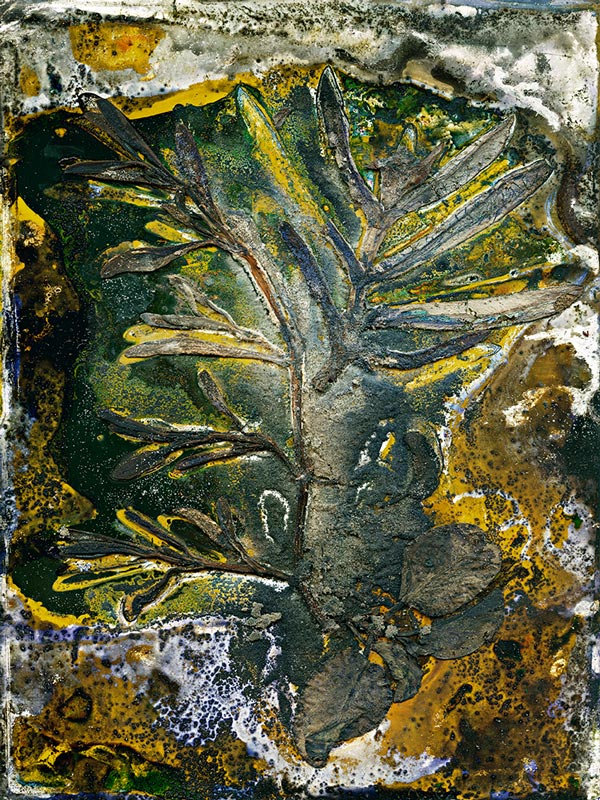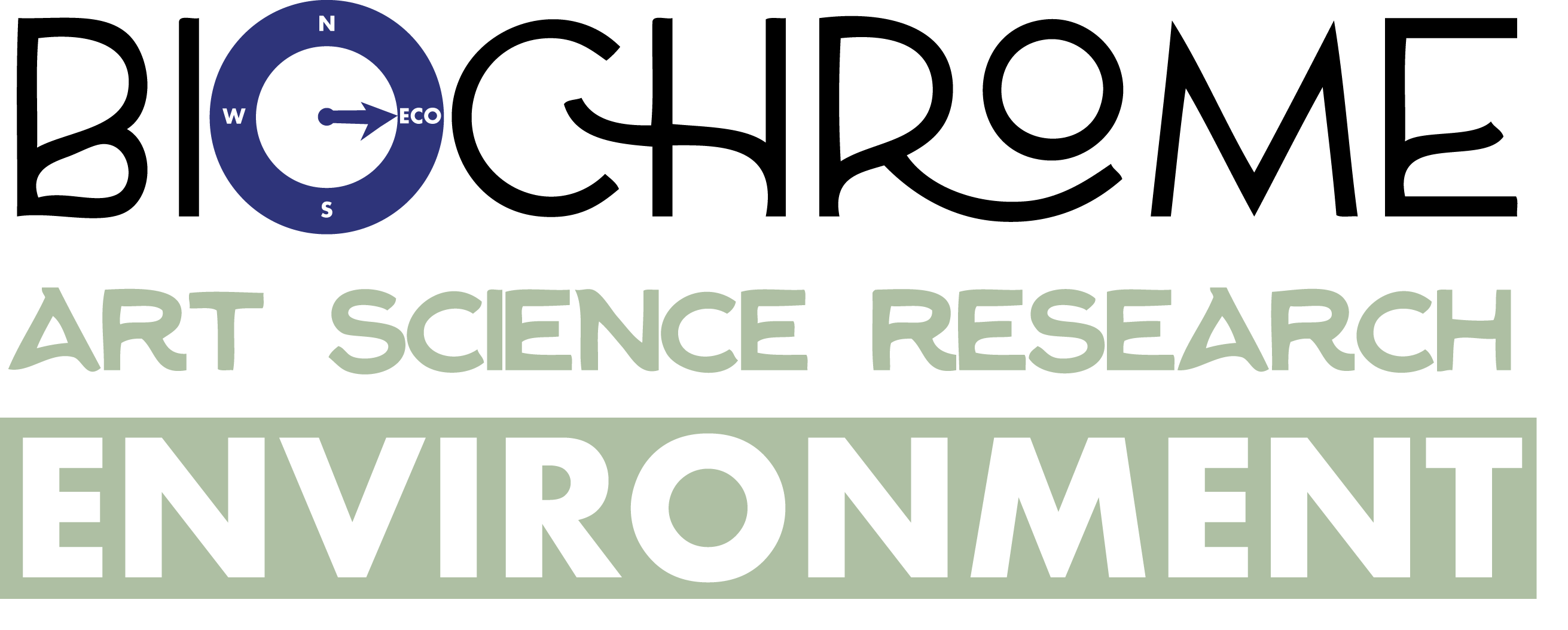Images in the exhibition “invite us to reconsider our relationship with our changing natural environment”
Melissa Fleming, Curator, 2020
This group exhibition is part of the
Broto Conference Affinity
about the intersection of Art-Climate-Science and Nature
free to view online, ongoing
Conference dates:
5th & 12th December 2020

Sesuvium portulacastrum, Carpobrotus glaucescens, and Ipomoea pes-caprae … stings remedial…
2015, archival pigment print on paper
Climate change affects medicinal plants’ lifecycle
Climate change affects medicinal plants’ lifecycle, their phenology, where seasonal timing of events shifts. On a small Island this can include rain fall changes, and sea waters rising affecting the island’s unique ecology. Let’s closely consider the value of healing plants, helping to support and preserve traditional knowledge, natural environments and biodiversity.
This work presents three plants that grow on sand dunes and can be used together as a powerful remedy. As part of the Medicinal Plant Cycles series, it focuses on Australian healing plants, and draws on natural science and extensive consultations with members of the Quandamooka community on Minjerribah in SE Queensland.
This biochrome image, I created by fusion of photographic and organic materials, in collaboration with nature’s processes, presents the raw beauty of life, the fundamental lifecycle of decay and renewal, that we are part of.
‘Broto: Art-Climate-Science is an annual conference and online community of collaborating artists and scientists tackling aspects of climate change. The intent, through the Broto Collaboration Blueprint, is innovation through shared co-creation of work — whether it’s art or science or something in between’.
Broto is a program produced by the Cape Cod Center for Sustainability, a 501c3 non-profit organization based in Provincetown, MA.

